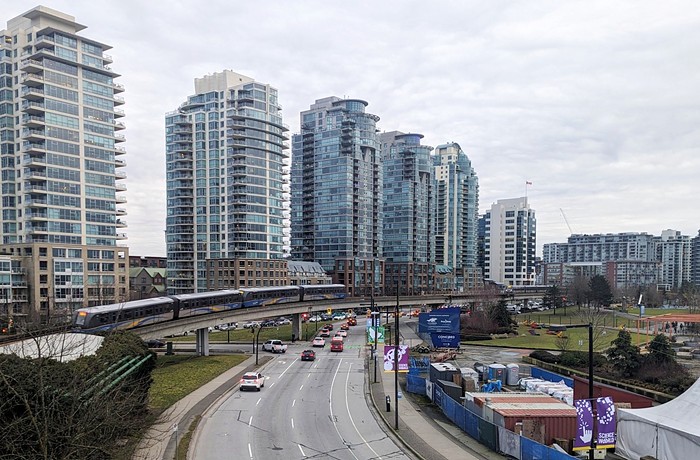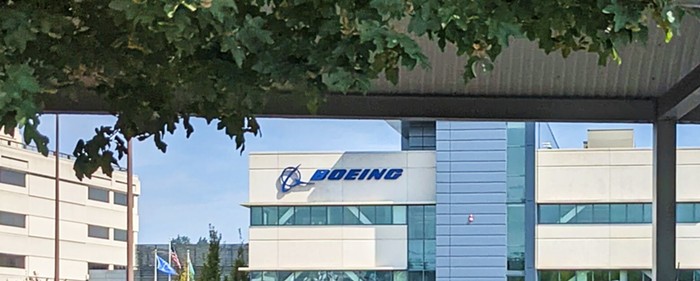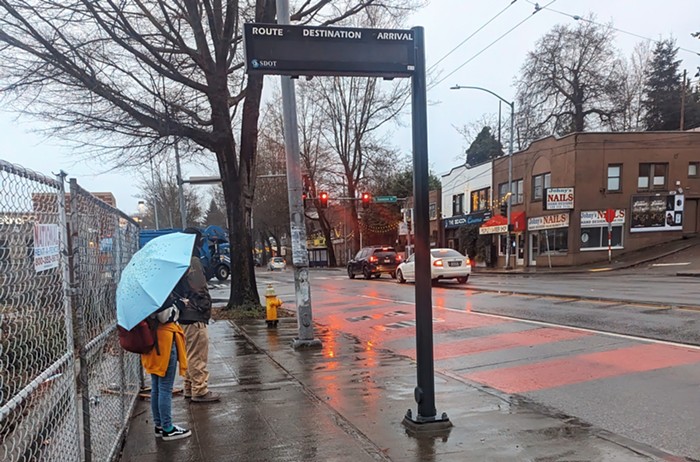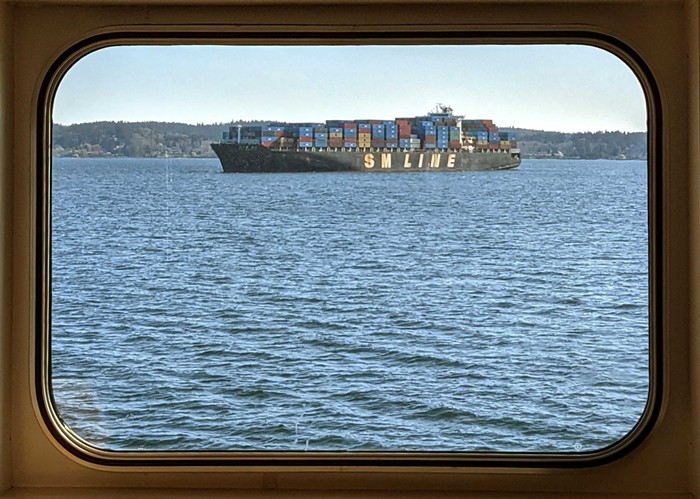
It is estimated that 100,000 people were added to Seattle's population in six years (we crossed the 600,000 mark at the end of the last decade). When I moved to Seattle in 1990, the population was only 516,259, and the bus tunnel had just been completed. Since that time, the improvements on the city's transportation infrastructure have been, to put it kindly, moderate; while in comparison, the city's population growth, an increase of 200,000 people, has been exceptional. The city as a thing is far behind the city as lived.
This is how to think about yesterday's traffic, which was exceptionally bad. It took only one accident, and the whole system crashed. Why? Because the system has become so dense, that one event can be easily and rapidly communicated through the system. The piece of information ("a tanker truck has overturned on I-5") spreads in much the same way the information of a heater ("I'm on") quickly spreads if a room is small. Density is a good thing. It means greater efficiency, less waste, and a rapid transmission of information. But it also means we live in a city that can easily communicate bad information.



















